As with music, fashion and art, David Bowie’s influence reached far into the film world. Our film programmer Anna Navas has written about her favourite moments of Bowie on film.
https://youtu.be/lfccDapMA14
I think perhaps Mr. Newton has had enough, don’t you?
When I was 11 I fell in love. I know, a bit young for it really. But in the 35 years that have passed since then, my heart has never once faltered. This might sound a bit trite but there is nothing trivial or shallow about my feeling for the one consistent relationship I have had which lasted until I heard yesterday that he had died. The fact that his death happened with the same impeccable timing and elegance with which he seemed to have lived his life is, oddly, a small consolation.
The other consolation is, of course, his films. When I was about 14, the Bowie world expanded exponentially for me. My teenage years happened to coincide with what seems now to have been a golden age of films on television. At a time when there were only four channels (hard to believe now), there were Saturday late night double bills of cult classics, obscure black and white 40’s films, small budget British films and the best American Independent films. There was a whole world of film education to be had if you happened to have a tiny portable telly in your bedroom and a radical new-fangled gizmo called a video recorder. I have no idea how I stumbled across it but one night there was a screening of The Man Who Fell to Earth and it was as if the world suddenly became an infinitely more colourful, interesting place. It was Bowie’s first role and is still, for me, the perfect combination of visionary director, actor and pop-culture iconography. It isn’t everyone’s cup of tea but it blew my bloody mind when I saw it in the first flush of my Bowie-mania. Erotic, eerie and terribly, terribly sad, Bowie’s performance created such a sense of awe in me that it is probably the reason I became so drawn to the world of cinema. There are images and atmospheres at the heart of this that have stayed with me over the years and I remember the visceral power of the transformation scene where Newton sheds his human disguise to reveal his naked reality that I sobbed for hours at the tragedy of it all. I screened the film last year at Peninsula Arts at Plymouth University and watched it on the big screen this time with a wary anticipation that it might not hold up after all these years but, you know what? It does hold up. In fact I’d say it’s better than I remembered it being because now I understand it so much better and can read it more clearly in the context of so many other ideas about film writing, cinematography, Nic Roeg’s work and Bowie’s film career. There is such clarity of vision in the way Bowie exists on screen here, it is the perfect distillation of his public persona at the time and the projected dreams of a public hungry for any hint to understand this other-worldly creature who really did seem to have fallen out of space. It is a genuinely perplexing avant-garde British film from a director and actor in perfect synchronicity, looking at American culture as if through the eyes of a pair of genuine aliens.
A few years later I saw a Bowie double bill at my local cinema in a Friday late night screening. There was a short-lived attempt to get a cult-cinema, midnight-movie crowd in but the reality was that a few of us die-hard film geek teenagers used to turn up with a bottle of cheap booze and a packet of ten cigarettes between us and there were only ever about 20 of us there. So, we saw Ziggy Stardust: The Motion Picture and The Hunger together through a haze of cigarette smoke and coughing and once again, Bowie didn’t disappoint. Now it could be true that the The Hunger isn’t his finest screen hour but at the time I thought it was the pinnacle of sexy, grown-up cinematic sophistication and never having seen it since I haven’t had to revise this analysis at all.
The same doesn’t go for Ziggy Stardust – I’ve seen it many times since and can say (with back up from real cinema crit. experts) that this is probably one of the greatest rock documentaries ever made. When Ziggy announces, “Not only is it the last show of the tour, but it’s the last show that we’ll ever do. Thank you”, the crowd roars its disbelief and shock and the Spiders look equally dumbstruck as it becomes apparent that they didn’t know Bowie was going to kill off Ziggy that night either. Pure genius showmanship captured on film by the master of music documentaries, D. A. Pennebaker, the film is an insider’s view of backstage preparation and front of house performance that dazzles in its privileged point of view. If you happen to be a Bowie fan then this film is a near-religious experience but if you aren’t then it is still the most remarkable representation of the paraphernalia of concert preparation and performance committed to screen and a treat for anyone who wants to know what really goes on behind the velvet curtain.
There are so many more films that deserve honorable mentions – Merry Christmas Mr. Lawrence, Labyrinth, The Last Temptation of Christ which made me almost jump out of my seat and shout “F*** me, Pontius Pilate is David Bowie!”. And anyone who has stature of his size and is happily willing to lend his (incredible) voice to play Lord Royal Highness in Spongebob Squarepants gets my vote as genuine, all-round coolest man on the planet. In the end though, it’s the holy trinity of Ziggy Stardust, The Hunger and The Man Who Fell to Earth which will remain my Bowie film touchstones.
Anna Navas
Film Programmer, Plymouth Arts Centre

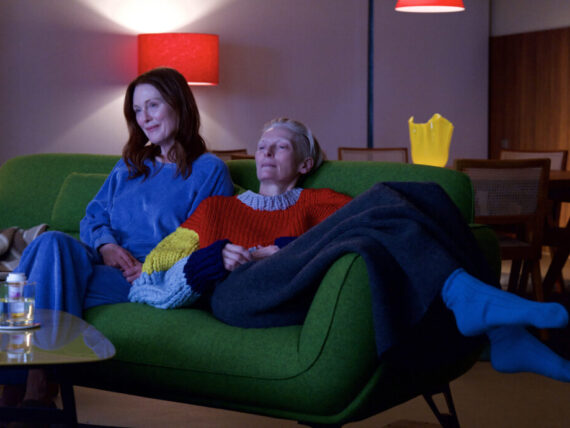
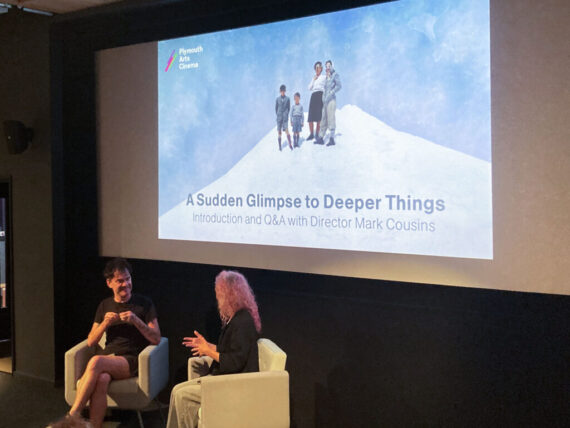
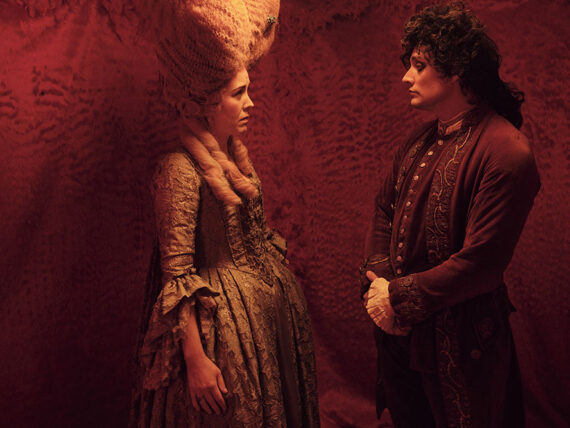
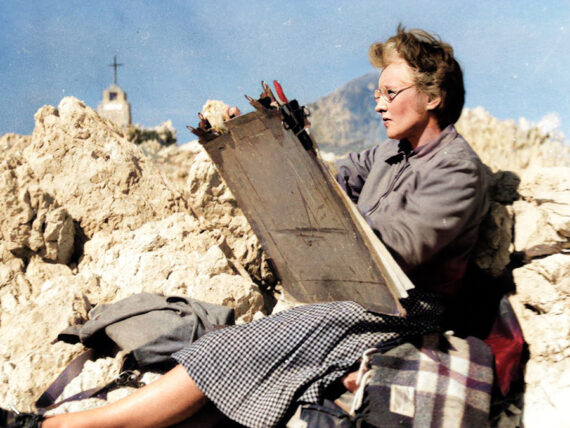

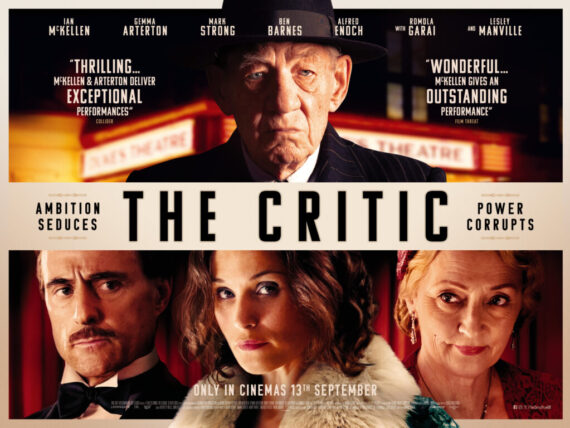
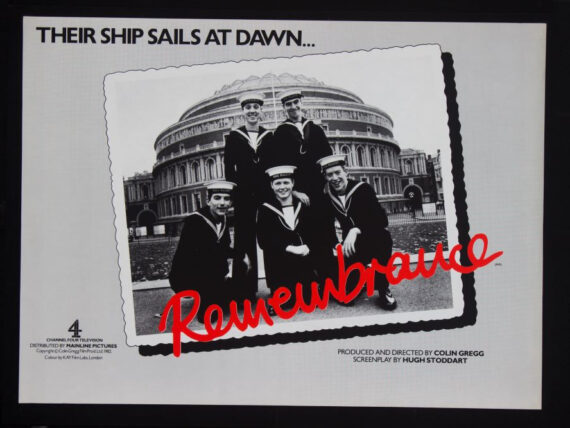
Comments
No comment yet.